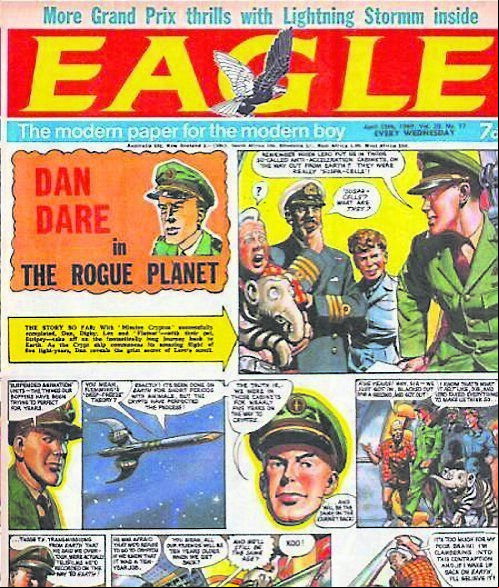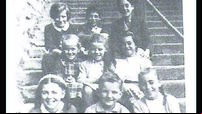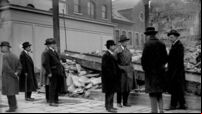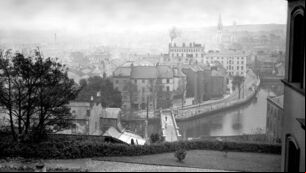Thowback Thursday: 1950s Cork life and a mysterious blow-in

Throwback Thursday reader Brian Cronin, who lives in Spain, was listening with great pleasure recently to an RTÉ1 radio interview with John Creedon.

“We became the most popular place on the Lower Road. Unfortunately, many other bars followed suit and Formica table-tops, built-in seating, neon strip lights and - worst of all - piped music became the norm. Not a snug in sight for the priests and the ladies!







